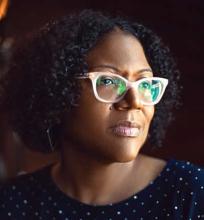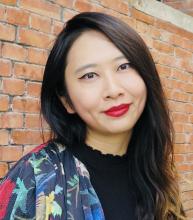Celebrating Famous Americans with Poetry
It wouldn’t be a holiday at the National Endowment for the Arts without a poetry round-up! In celebration of Fourth of July, we’ve compiled a handful of poems (including some by past NEA Literature Fellows) about historic Americans who fought for freedom and equality.
Check out the collection below, and let us know your favorite on Twitter or Facebook. (Click on the name of the poem to read each poem in its entirety.)
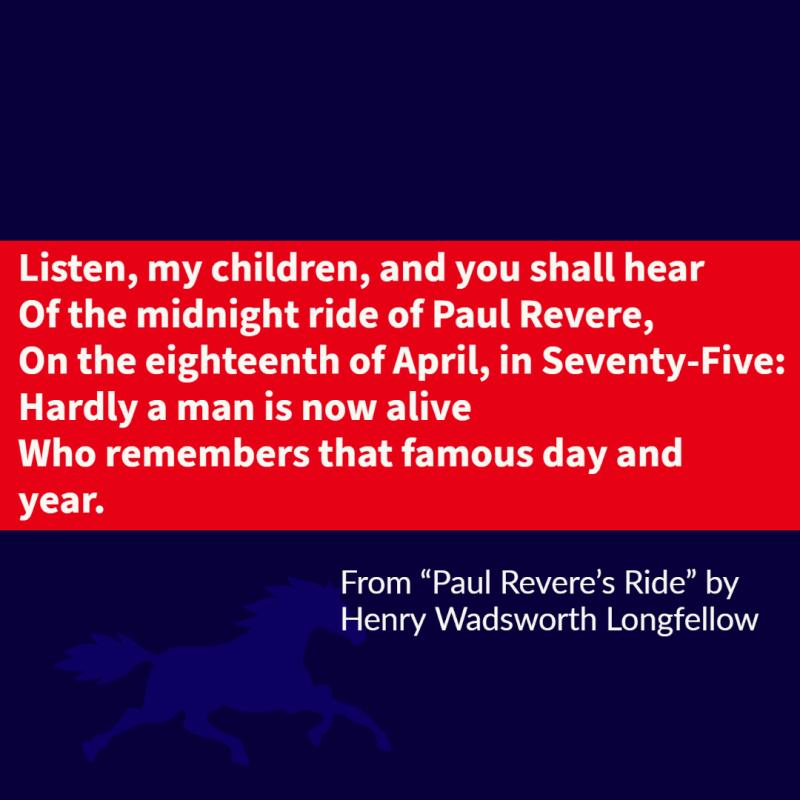
"Listen, my children, and you shall hear/ Of the midnight ride of Paul Revere,/ On the eighteenth of April, in Seventy-Five:/ Hardly a man is now alive/ Who remembers that famous day and year." From "Paul Revere’s Ride" by Henry Wadsworth Longfellow
If you’ve taken a U.S. History class, then you know the story of Paul Revere. At the start of the American Revolution, the Boston silversmith warned his fellow patriots that the British were coming via lantern signal – “one if by land, two if by sea.” He is now immortalized in this Henry Wadsworth Longfellow poem, which takes some creative license with historical fact.
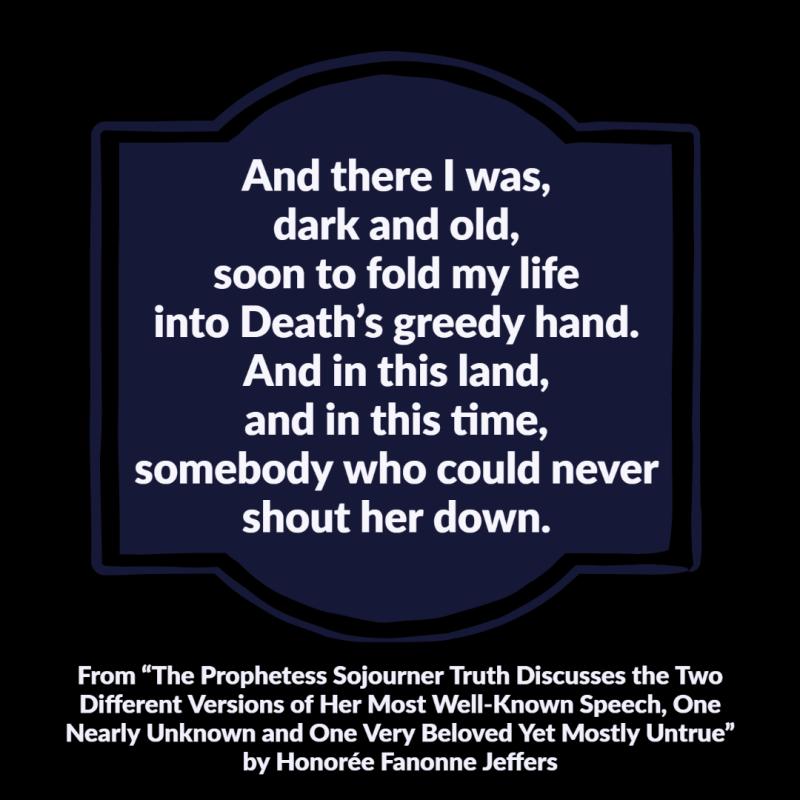
"And there I was,/ dark and old,/ soon to fold my life/ into Death’s greedy hand./ And in this land,/ and in this time,/ somebody who could never/ shout her down." From "The Prophetess Sojourner Truth Discusses the Two Different Versions of Her Most Well-Known Speech, One Nearly Unknown and One Very Beloved Yet Mostly Untrue" by Honorée Fanonne Jeffers
Sojourner Truth was an American abolitionist and women’s rights advocate. Born into slavery, she eventually obtained her freedom and moved to New York City, where she developed her public speaking skills and met other prominent Americans of her time, including Frederick Douglass and Susan B. Anthony. Her famous “Ain’t I a Woman?” speech, delivered at a women’s rights conference in 1851, speaks to the need for both gender and racial equality. In Jeffers poem above, she addresses the fact that there are two versions of this speech, the one Truth actually gave at the conference, and another published in the New York Independent that was altered by a white woman (learn more about that in the "About the Poem" section on poets.org).
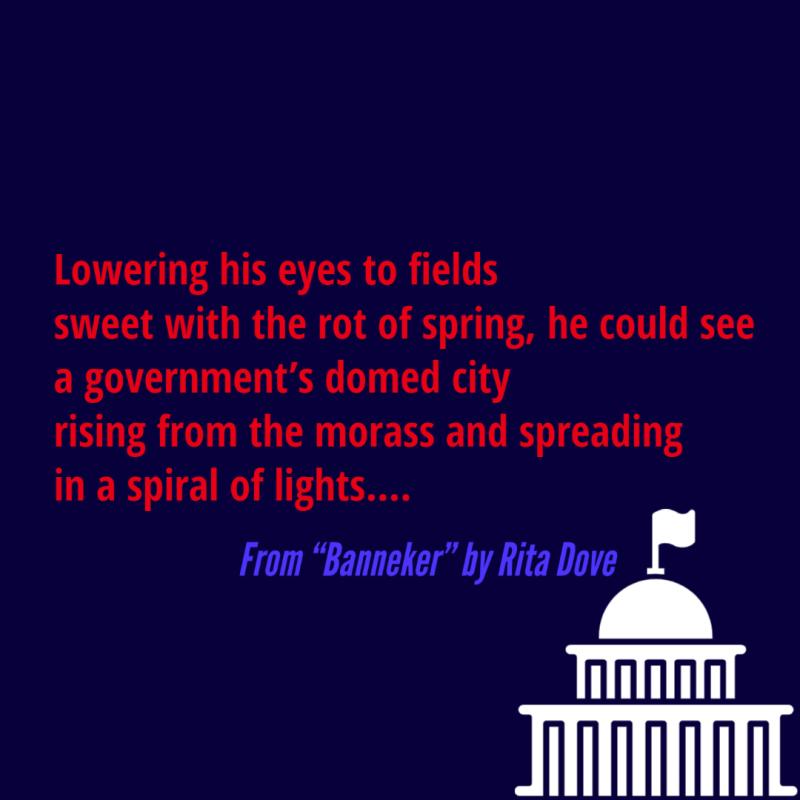
"Lowering his eyes to fields/ sweet with the rot of spring, he could see/ a government’s domed city/ rising from the morass and spreading/ in a spiral of lights...." From "Banneker" by Rita Dove
Benjamin Banneker is well-known around Washington D.C., where there are a number of buildings and other landmarks named after him. A free Black farmer near Baltimore, Maryland, Banneker assisted with the first survey of the area that would become the United States capital. He was a self-taught astronomer, mathematician, and wrote abolitionist texts.
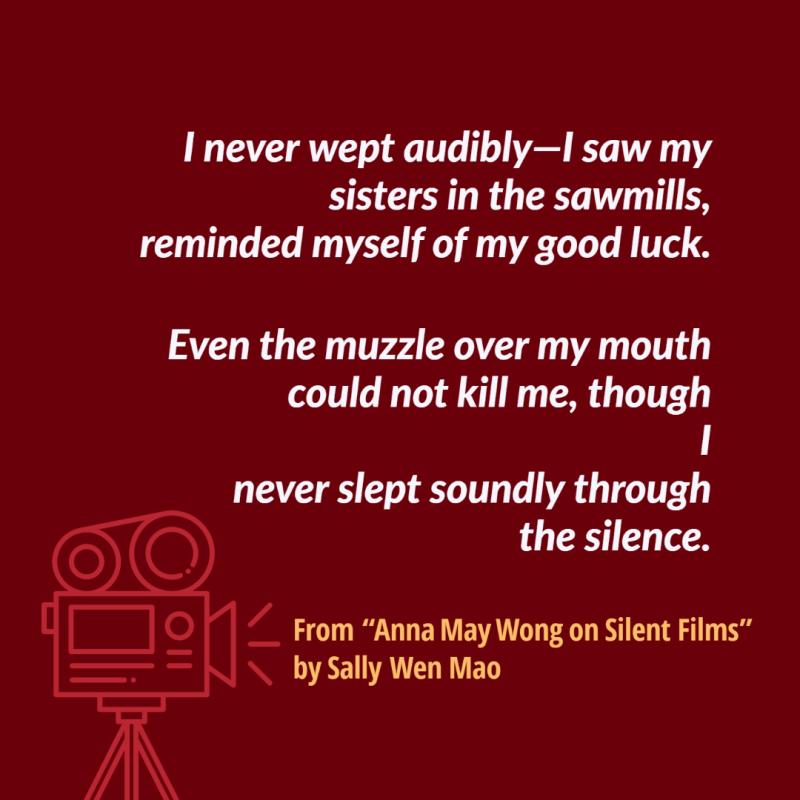
"I never wept audibly—I saw my/ sisters in the sawmills,/ reminded myself of my good luck.// Even the muzzle over my mouth/ could not kill me, though I/ never slept soundly through the silence." From "Anna May Wong on Silent Films" by Sally Wen Mao
Anna May Wong was a Chinese American silent film star during the 1920s and 30s. Wong, who was born in Los Angeles in 1905, began acting at a young age but was often forced to play stereotypical characters, usually in a supporting role, and lost bigger parts to actresses in yellowface. In the early 1950s, she became the first Asian American to star as the lead in a television show, The Gallery of Madame Liu-Tsong.
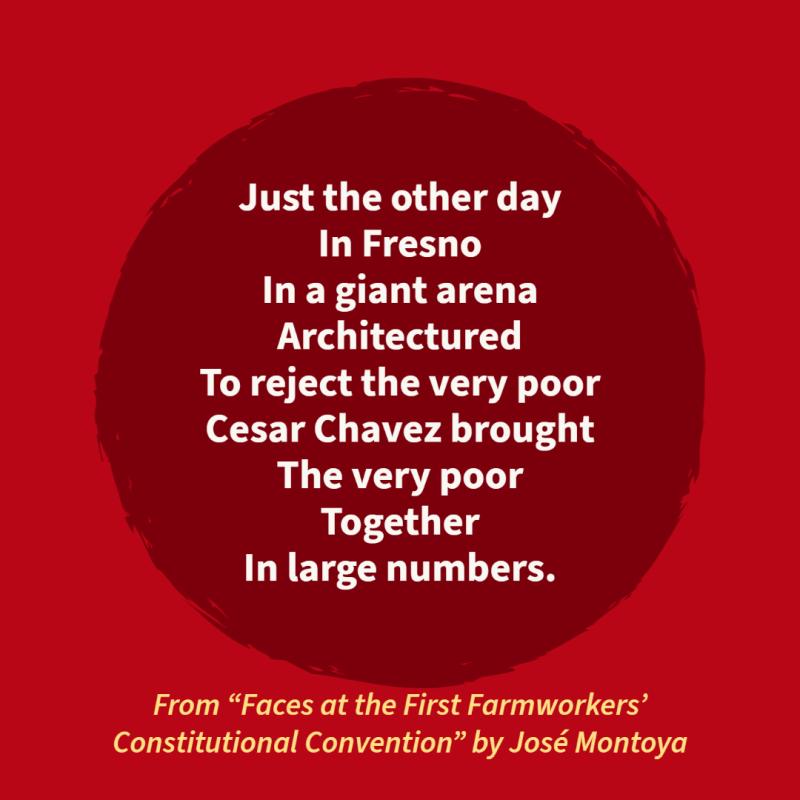
"Just the other day/ In Fresno/ In a giant arena/ Architectured/ To reject the very poor/ Cesar Chavez brought/ The very poor/ Together/ In large numbers." From "Faces at the First Farmworkers’ Constitutional Convention" by José Montoya
Cesar Chavez was a Latino American labor and civil rights activist who got his start organizing farm workers. Chavez worked on farms throughout his childhood and adulthood, experiencing first-hand the many challenges and injustices these workers faced. He received the Presidential Medal of Freedom, the nation’s highest civilian honor, from President Bill Clinton posthumously in 1994 for his leadership.


